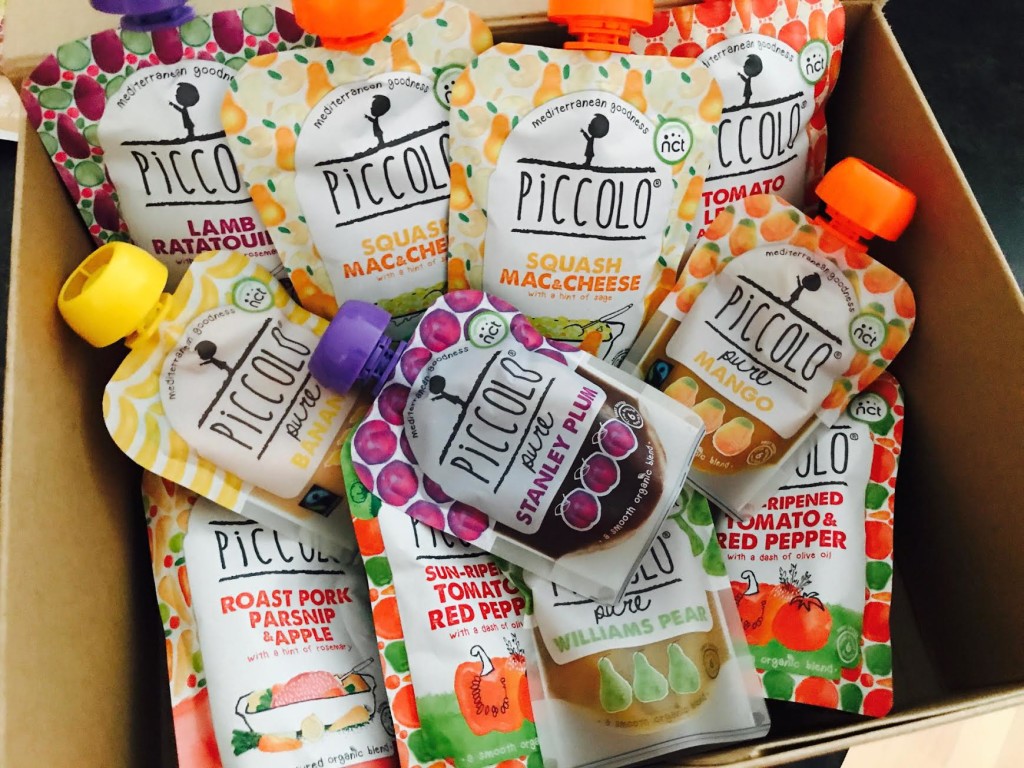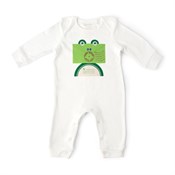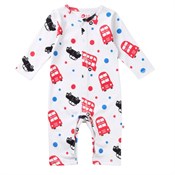As news of the Duchess of Cambridge’s third pregnancy makes waves across the nation, we are reminded of the realities of morning sickness and its level of severity in some rare cases. The UK’s leading support resource for mums to be Emma’s Diary, (verified by the RCGP – Royal College of General Practitioners), has spoken to several mums suffering from Hyperemesis Gravidarum (which affects 1 in 100 pregnant women) about their experiences, in a series of candid interviews.
Around 80% of pregnant women suffer from morning sickness (and despite its misleading name, it doesn’t just happen in the morning). For some, like the Duchess of Cambridge, extreme vomiting triggered by pregnancy can be severe, even life threatening for those diagnosed with Hyperemesis Gravidarum (HG). In a bid to share their stories and raise awareness of this less common condition, these mums have spoken out to warn others that if you believe you are suffering from extreme sickness, not to be fobbed off by suggestions that ‘it’s normal’, because it might not be the case:
Bella Drew from Norwich in Norfolk said:
“My baby is due in just over two weeks time. The moment I first found out I was expecting, my heart filled with excitement but that was soon to be diminished a week later. My experience of so-called ‘morning sickness’ started at around three weeks, I couldn’t keep anything down but I was told that was normal. As my suffering worsened I was put on medication which didn’t really help in my opinion. I had lost around two and a half stone, had sustained haemorrhages within my eyes from the straining while being sick.
I was being sick every 15 minutes throughout the day and night. I was bedridden and eventually I gave up. I couldn’t cope anymore and I was admitted to hospital diagnosed with HG. Despite all of the recent media attention the condition is still massively misunderstood. I wouldn’t wish this debilitating illness on anyone and we really need to spread more awareness of the impact and symptoms of HG.”
Emma Eaton from Gosport in Hampshire said:
“I am pregnant and am currently suffering with HG; I was also hospitalised for two weeks in my last pregnancy having almost died from starvation and dehydration. I have been in and out of hospital numerous times during my current pregnancy to have IV fluids and IV anti-emetics to help control the symptoms. I have to take two different types of tablets to help prevent me from being sick as I have been physically passing out and collapsing – also knocking myself out in the process. I believe there needs to be much greater awareness of this life-threatening condition amongst pregnant women and those who are planning to have children.”
Gemma Edwards from Walsall in West Midlands said:
“I was diagnosed with HG with all three of my pregnancies which has left me with some long term health problems. I am losing my teeth due to the impact of the stomach acid because I was vomiting anything from 20 to 50 times a day. I was also hospitalised for weeks on end with ketoneuria (ketones in my urine – a sign of dehydration) and my veins kept collapsing, this condition made me very ill and my kidneys went into pre-failure meaning my life was at risk and also that of my children. This is a very serious condition and more awareness of the long term health risks it poses is much needed.”
Many women who are diagnosed with HG say they can’t keep anything down. They can also lose a lot of weight and fluids and sometimes have to be admitted to hospital for re-hydration treatment as well as require antiemetic medication to stop the vomiting. In terms of adverse effects on the baby, experts say there are usually very few unless weight gain continues to be poor during the second half of pregnancy; or indeed the symptoms are more severe over a sustained period of time.
Sufferers of HG reported:
- Extreme fatigue
- Muscle weakness
- Weight loss
- Depressed mood
- Tooth loss
- Kidney failure
- Severe dehydration (with ketones present in urine)
- Disturbed salts in the blood
- Eye haemorrhages
- Long term health issues
Dr Shauna Fannin FRCGP, Chair of the Editorial Board at Emma’s Diary said: “Every pregnancy is different and whilst pregnancy sickness is extremely common, Hyperemesis Gravidarum (HG) only affects 1% of pregnant women and is a condition at the extreme end of the pregnancy sickness scale. HG sufferers will vomit frequently and can become dehydrated very quickly so it is very important to seek urgent medical advice.”
Faye Mingo, mum of two and Marketing Director at Emma’s Diary said: “It’s really brave for these women to speak out and share their experiences with others. What is apparent is a desire to build greater awareness on the topic of HG and to dispel any myths about what is considered to be ‘normal’, the message from most of the mums we spoke to is to trust your instincts and to keep pushing for medical support if you believe you or your pregnancy might be at risk.”















